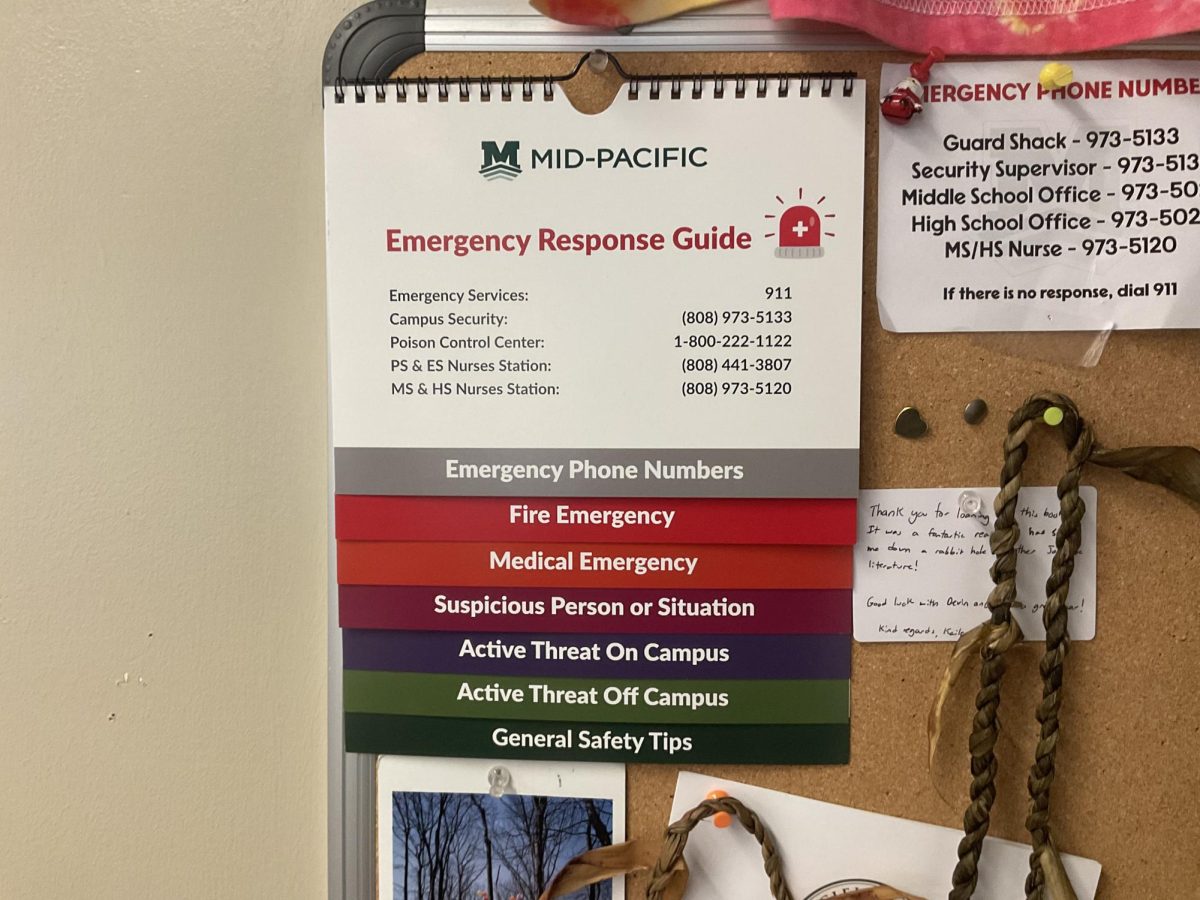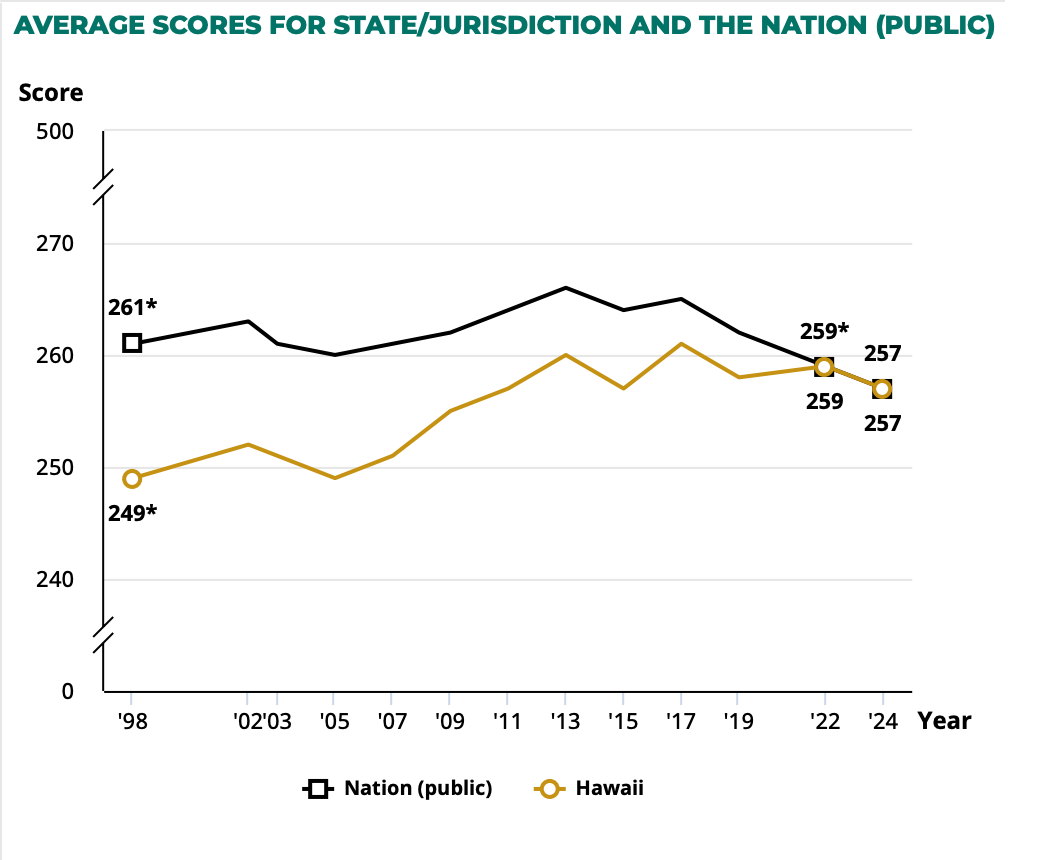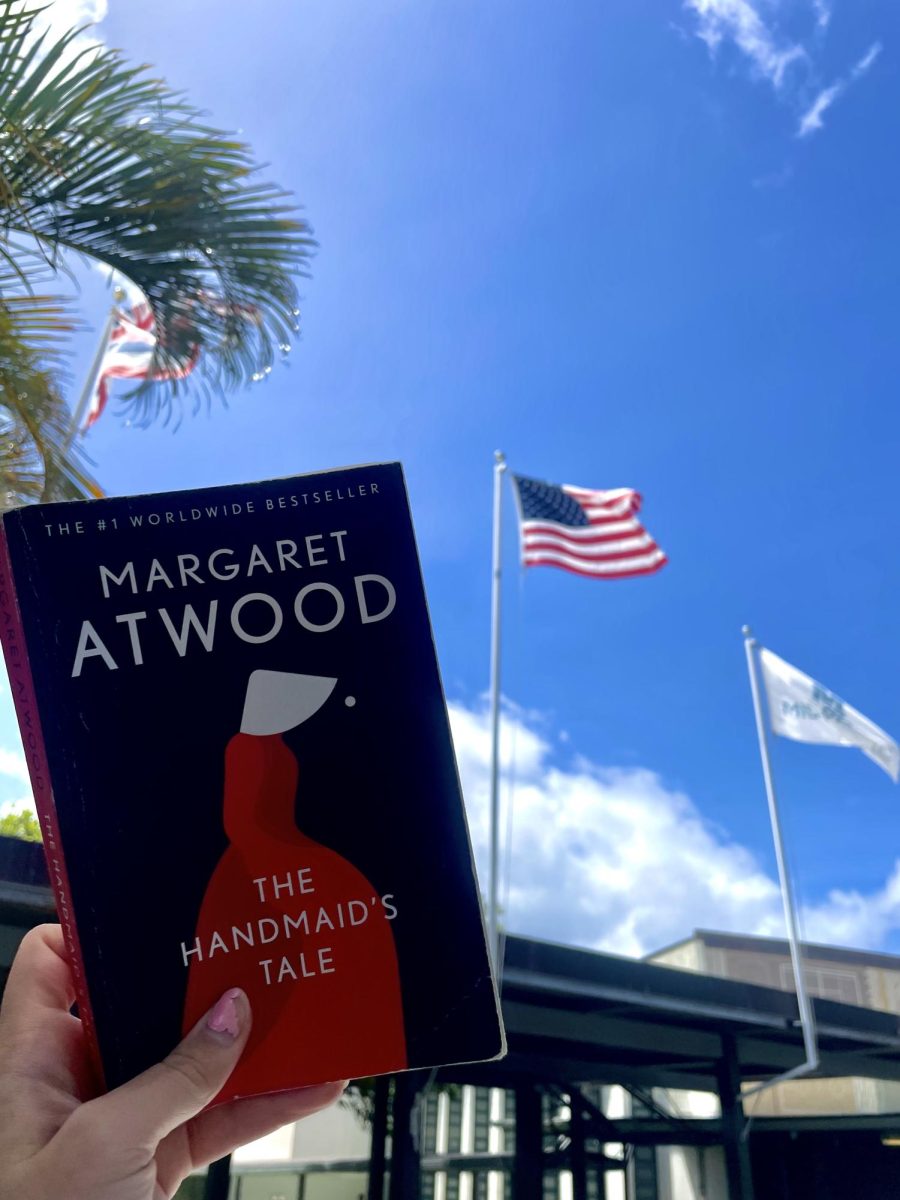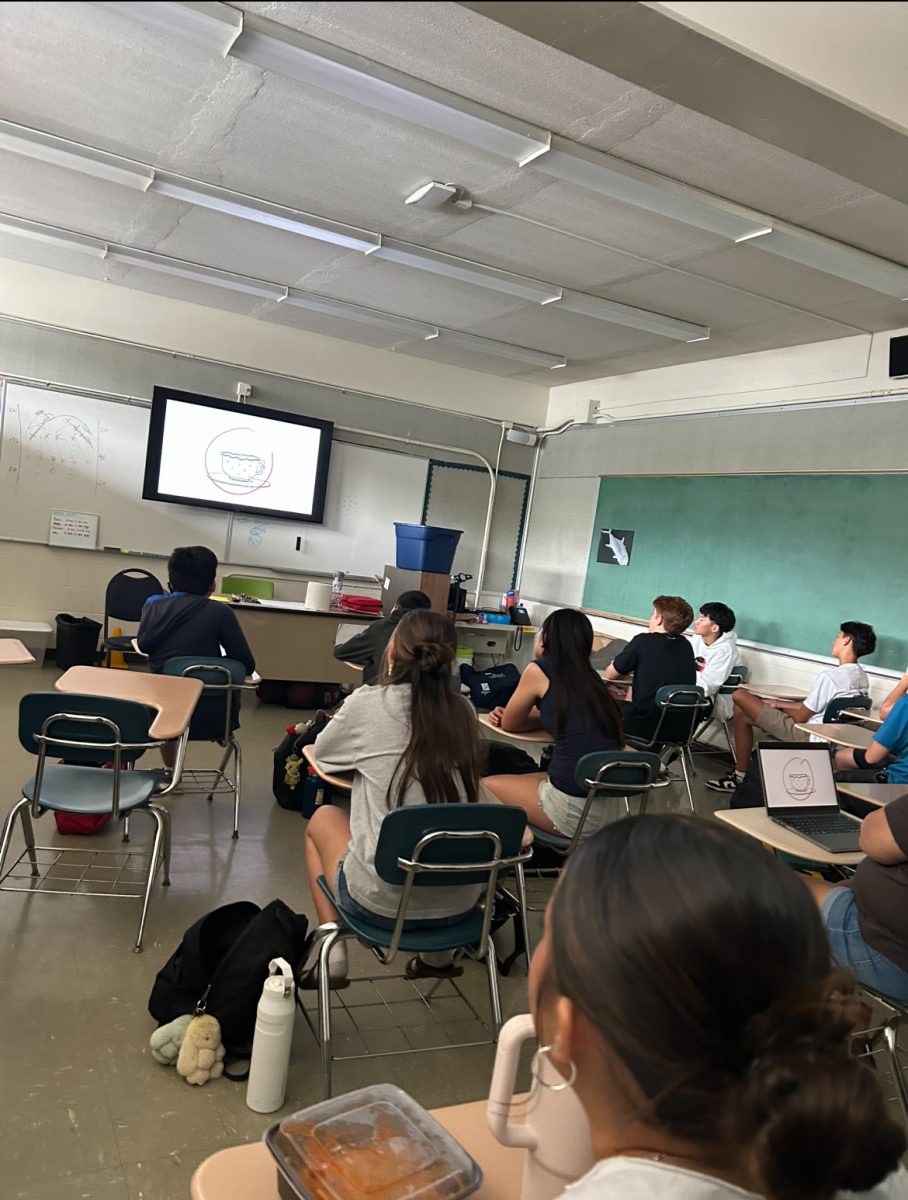The 60th United States presidential election took place on November 5, 2024. With victory in the electoral college and popular vote, Donald Trump is set to become the 47th president alongside his chosen vice president, JD Vance.
In their campaigns, president-elect Trump and Vice President Harris offered drastically different visions for the country in the tight run-up to the 2024 election. Their policy platforms showed the extent of their polarity.
“We kind of know [Republican] philosophy is limited government, low taxes, business friendly, climate, anti-immigration. We kind of know that and Democrats see government as important to serve the needs of and try to improve the lives of all Americans, but also deal with very complex and modern issues. So that, to me, that’s the big difference,” IB English teacher Roland Nipps said.
Some of Trump’s promises include mass deportations of undocumented migrants, new tax cuts and tariffs on foreign goods, and the cutting of climate regulations. He also has taken a stance against protections for LGBTQ+ people, trans-affirming healthcare and dismantling the Department of Education.
The incoming Trump administration’s policy platform has provoked widespread unease among many voters, young and old.
“To me, the results of the election were saddening and angering, as I fear for women, LGBTQ+ community members, and other marginalized groups that will be negatively affected by Trump’s policies and hateful rhetoric. I am also scared for our planet, as Trump will surely roll back environmental protection measures, and we are nearly at a point where the damage we are doing to the climate is irreversible,” senior Eva Rogers said.
As with any election season, the tensions were high. To many, this election would impact the course of their lives.
“Well, personally, I [was] tense. I [was] very tense because the consequences of this election are huge, and to me, it’s just a difference of are we going forward? Or are we going backwards?” Nipps said.
This tension has manifested in some extreme behaviour around the country. In the days leading up to the election, three ballot drop boxes were targeted and set on fire in Washington and Oregon, destroying hundreds of ballots in the process.
Both the Harris and Trump campaigns, for months, pitched this election as the most consequential the country had ever seen. After an election of such enormity, many people feel hopeless and worthless.
“I wanted to emphasize that it’s important for [students] to register their votes and that the election really affects us, even now. No matter which side you vote for, your vote still matters. Sometimes people think that their party isn’t as influential in their state, but it still matters,” junior Keanu Latu said.
Already, some people are anticipating the 2028 presidential election, but the 2026 midterm elections for seats in the Senate, House of Representatives and state governor positions are even sooner, and they are just as consequential, if not more so, than the presidential race.
“People forget that while the national election does take a lot of [attention], the more impactful element of politics happens at the local level. I hate for people to do a lot of homework on the presidential election and not do their homework on, say, the senatorial election,” Global Politics and U.S. History teacher Ryan Darnell said. “Ultimately, we are more impacted by a local government first.”
If you are 18, you can register to vote online at olvr.hawaii.gov.















